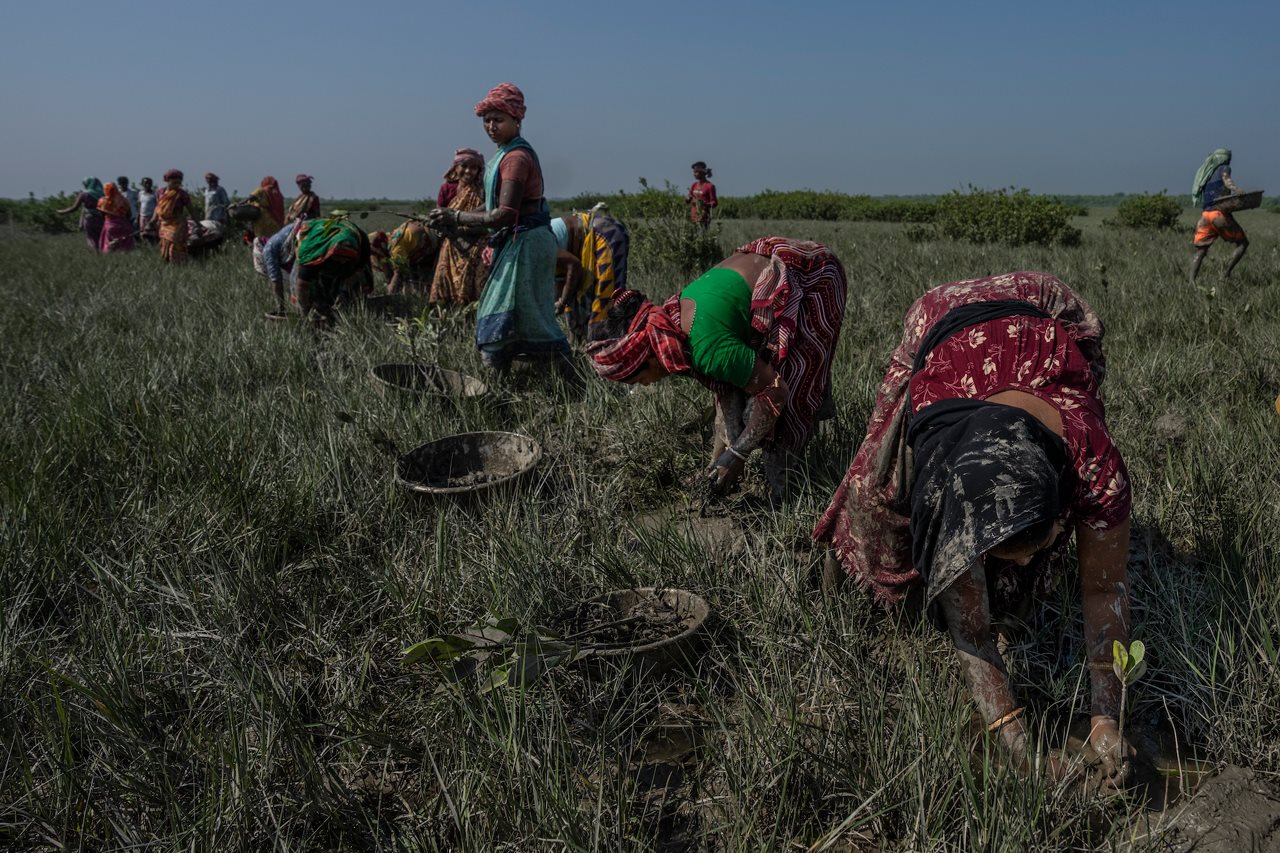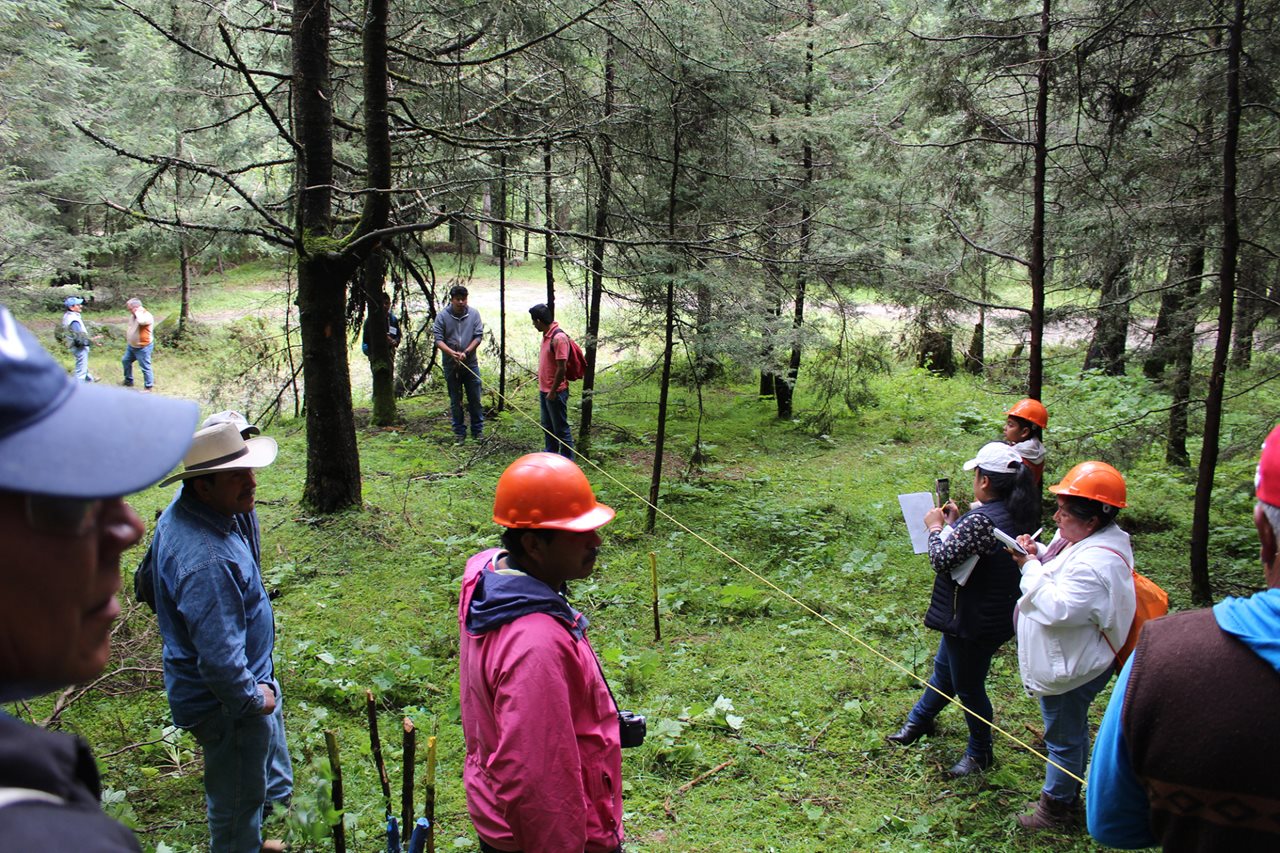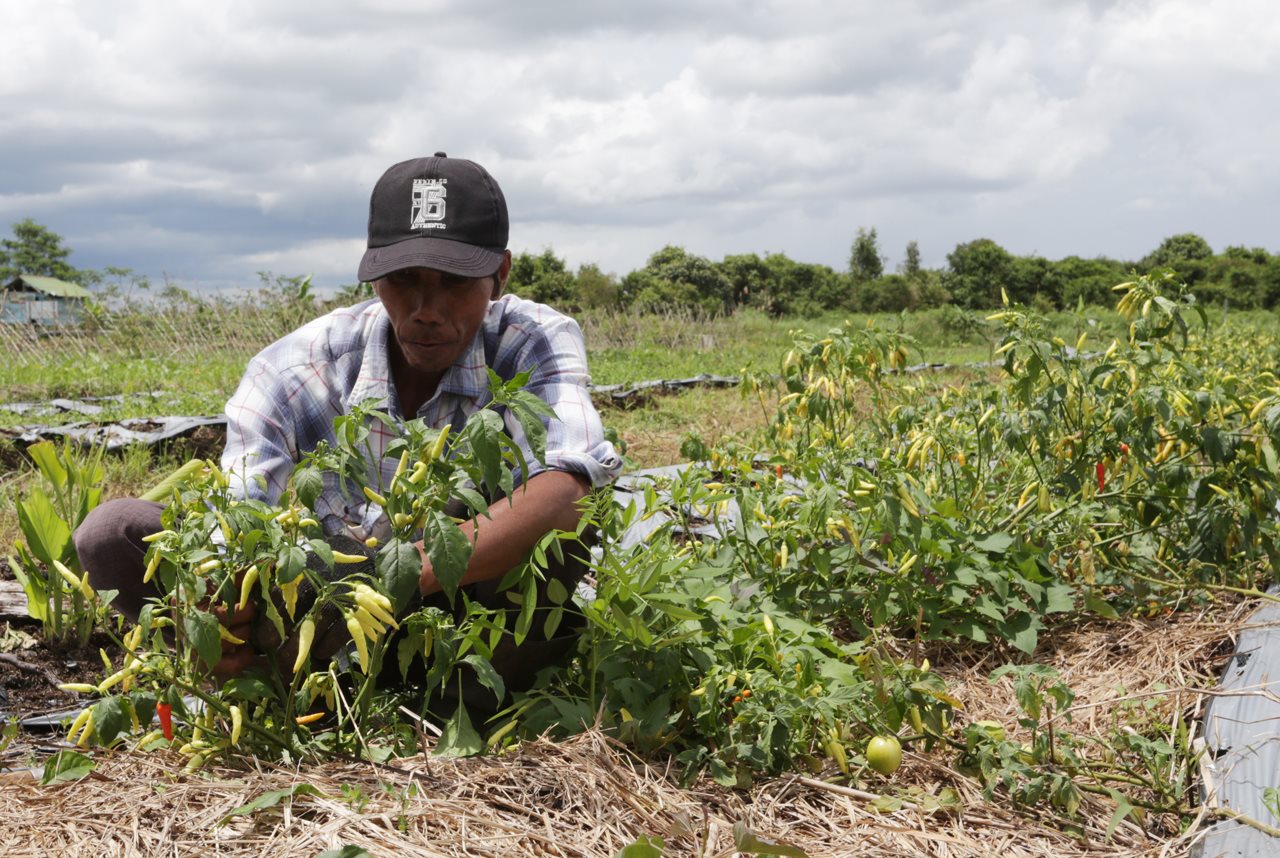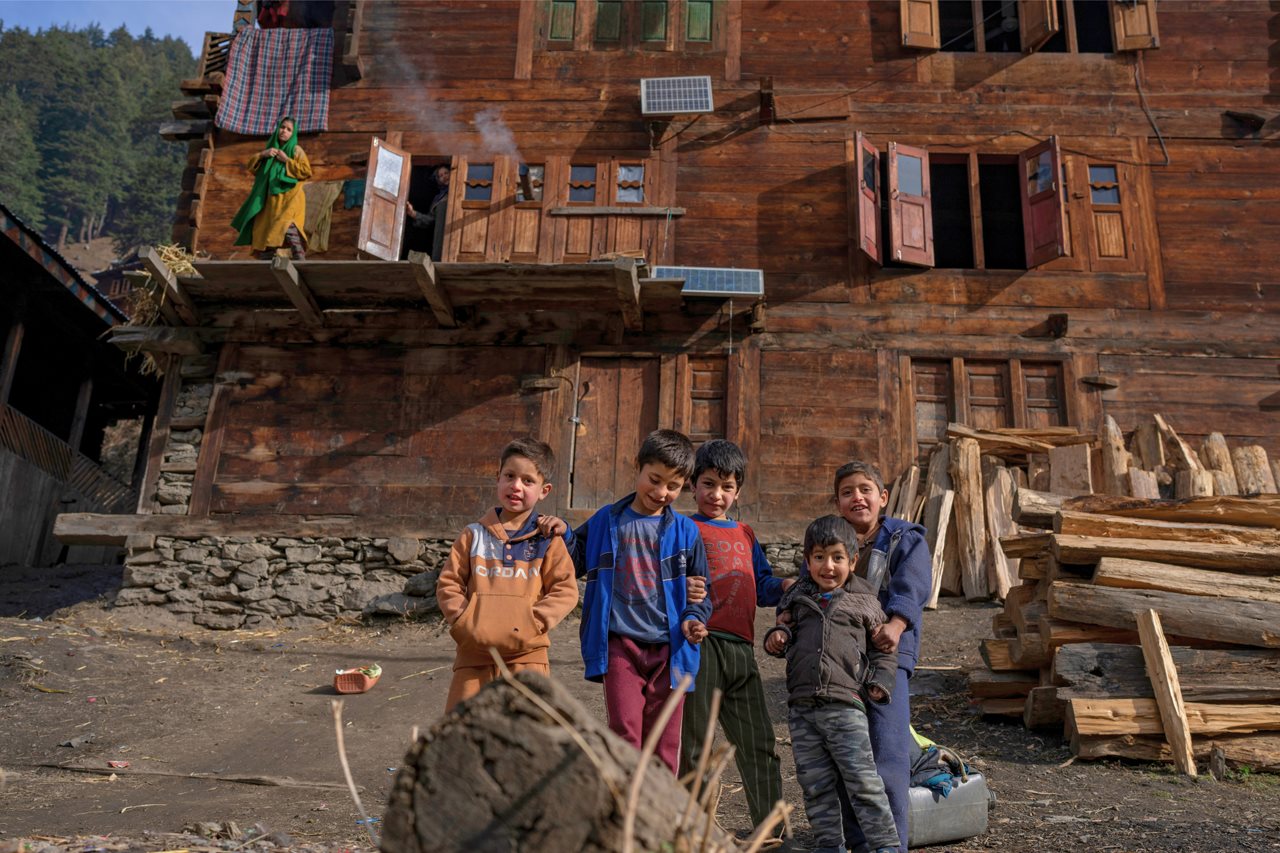(BPT) - Airlines are forecasting a record year for summer travel, with carriers expected to transport 271 million passengers, up 6.3% from last year - and with more flights come more travel-related carbon emissions. There are lots of great ways to reduce your impact this summer when traveling, like packing lighter, choosing non-stop flights, selecting airlines that offer biofuels, and more, but even then, unavoidable carbon emissions remain.
Offsetting one's travel using high-quality, verified carbon credits is an extremely effective way of reducing those unavoidable emissions - but it's important to remember that not all carbon credits are created equal. Finding travel offset programs that utilize high-integrity carbon credits can ensure that you're reducing your emissions, doing some good for the planet, and doing a world of good for its people.
Here are five easy ways to make sure you're offsetting your travel with high-quality carbon credits that are actually making an impact.

Beware of generalities.
Do you know exactly which project will receive your money? Carefully review the language. Offers that rely on vague language such as 'Projects that help reduce emissions' or 'Projects such as' or 'Projects like' without providing additional detail are classic smokescreens. Insist on specific information: Which project will receive my money? What does the project actually do? Where in the world does the project exist? Is the community involved and benefitting? Has the project been scientifically verified? Insist on specific project details, and if they're unwilling or unable to provide those details, that's your sign to walk away.

Follow the money.
Carbon credits can vary wildly in price, and while that can be attributed to any number of factors from the actual cost of materials and labor to run the project to the laws of supply and demand, there's simply no excuse for the travel offset provider to not be completely transparent about their pricing structure and clear about how much is reaching the carbon project. Are there hidden 'transaction fees' or 'convenience charges'? For example, at nonprofit Cool Effect, more than 90% of each dollar donated goes directly to helping carbon-reducing projects, with only 9.87% to help cover administration such as payment processing, scientific documentation, and registration fees. If a travel offset provider is not transparent about where the money goes, who gets what, and how they fit into the process, proceed cautiously.

Look for a real impact on the planet
Look for projects that reduce emissions that otherwise would not be reduced - for instance, planting a tree now that is earmarked to be cut down in ten years is not making a real impact on emissions, just kicking the can down the road. A high-quality carbon project should use data and science to clearly show an immediate, tangible impact on reducing or removing emissions and have a plan that continues these reductions for generations.

Look for a real impact on people
Globally, climate mitigation and adaptation are underfunded by $1.7 trillion per year, and those that need the most support are in some of the most at-risk and impoverished places on the planet. Governments are nowhere close to meeting this need, but studies show that the private sector could cover about 70% of climate financing globally. A high-quality carbon project doesn't just support a reduction in emissions, it is a powerful tool to route carbon finance into these places that need it most, providing vulnerable communities on the front lines of the fight against climate change with much needed support in the form of job creation, poverty reduction, school improvements, sanitation, health care, updated infrastructure, among other tangible benefits.

Insist on seeing some credentials.
Critics of travel offsets often claim that you cannot trust many of the offerings currently available on the market thanks to lack of transparency, measurable results, and a general insufficiency of credibility. Nonprofit Cool Effect agrees. Some travel offset programs rely on vague details, carbon credits that are unverified, are lacking strong scientific backing, or do not disclose pricing details. These same critics also claim that since there are travel offset programs with lower quality carbon credits, all of them should be classified as ineffective. This is where there is disagreement. We must do everything we can to limit our emissions first, but we will all still have a footprint. You can support the planet by utilizing travel offset programs that rely on carbon projects that have been verified by a trusted major carbon credit standard and demonstrates that your carbon credit provider has done their due diligence when evaluating projects.
Reducing the impact of our summer travel is more important than ever. Aviation accounts for just 2.5% of global CO2 emissions and has contributed around 4% to global warming to date. We all should be doing everything we can do to reduce that impact, and travel offsets, funded by high-quality carbon credits, can do just that. The climate crisis demands that we take action to reduce our travel emissions, but that action doesn't need to come at the expense of seeing the world and connecting with loved ones. This summer, don't just travel - travel with purpose and make your journey a force for good.














